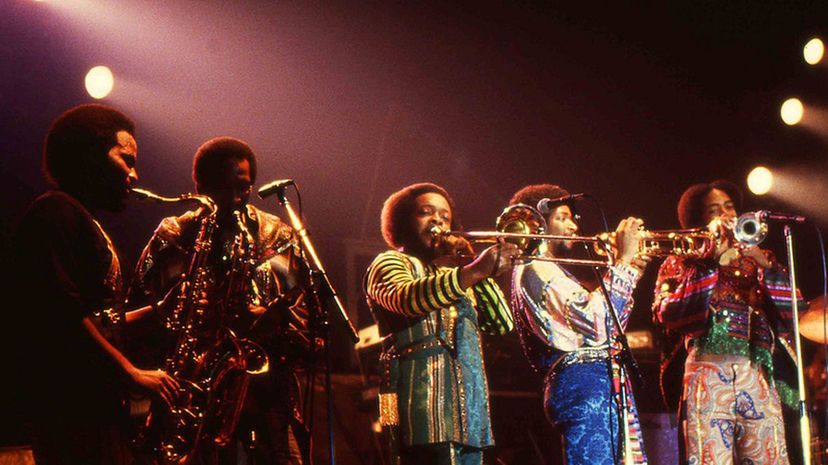
About This Quiz
It was a decade that began with a cultural identity crisis. The optimism that had been the hallmark of the turbulent 1960s had given way to a cynicism born of tragedy. Drug abuse had claimed the lives of Jimi Hendrix, Janis Joplin and Jim Morrison. The Beatles, the guiding musical light of the decade, had broken up.
Rock music, regarded as a fad in the '50s and a vehicle for social change in the '60s had become big business by the '70s. Bombast, musical virtuosity and theatrics ruled as bands like Led Zeppelin, Queen, KISS and Pink Floyd sold out sports arenas. Popular music became performance art in the work of the visionary David Bowie, and, in a world filled with musical heroes, Alice Cooper became rock's first villain.
By the decade's close, Vietnam and Watergate were painful memories yet to be fully dealt with. People wanted to dance again and the flash and groove of disco were the perfect antidotes to what had become a downer of a decade. Meanwhile, in England and New York, art scene kids and disenfranchised youth were ready to tear it all down to the basics and start again with an emerging scene sneeringly called "punk."
Think of this quiz as your own personal time machine as we take you on a musical journey back to the decadent decade of shag carpet, custom vans and puka shell necklaces. Dig this challenge we're laying down - can you identify the male bands and artists who kept the '70s truckin'?
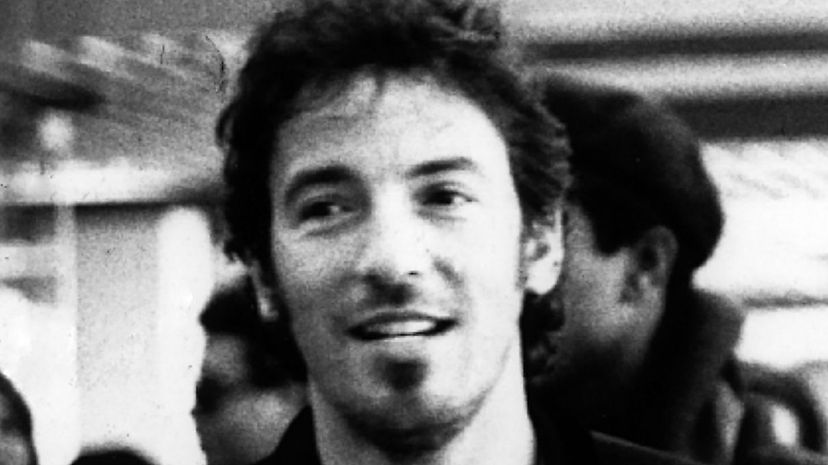
Rock 'n' roll poet Bruce Springsteen burst on the music scene in the early 1970s to much critical acclaim. His 1975 album, "Born to Run," launched him into superstardom. Early in his career, his band dubbed him "The Boss" as he was appointed to negotiate and distribute their pay after gigs.
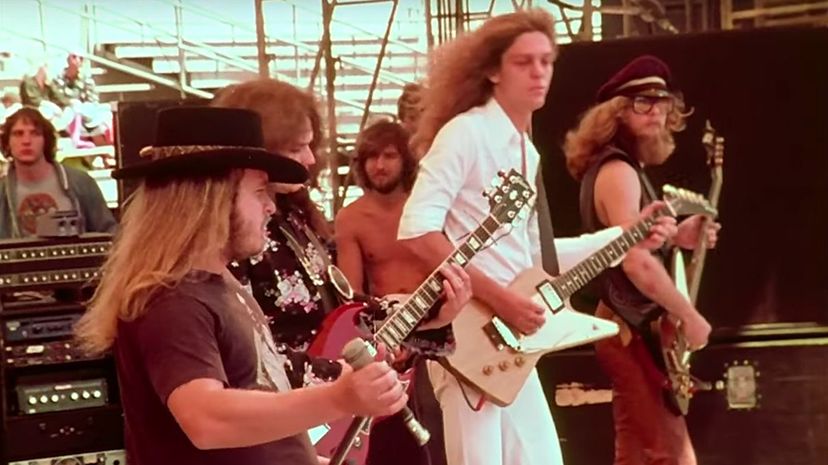
Gary Rossington, Alan Collins, Ronnie Van Zant, Larry Junstrom and Bob Burns made their high school gym coach, Leonard Skinner, an unwitting celebrity when they named their band Lynyrd Skynyrd. Notoriously strict, Skinner had several run-ins with the future Southern rockers over their long hair.
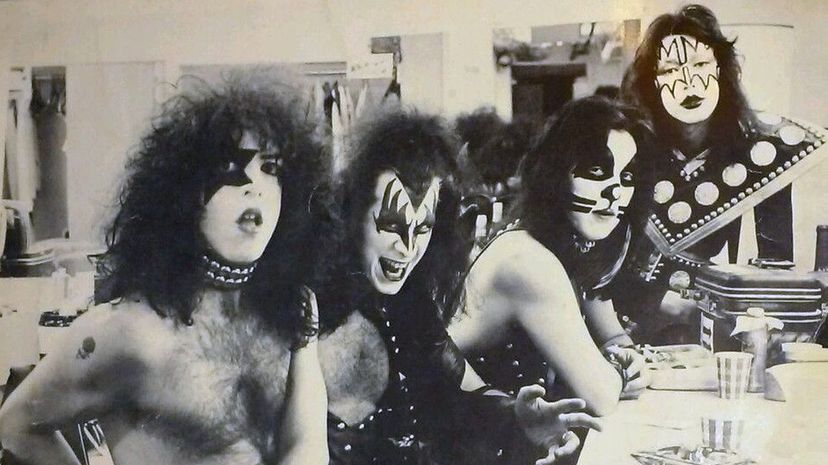
Dissatisfied with the direction of their band, Wicked Lester, Paul Stanley (born Stanley Bert Eisen) and Gene Simmons (born Chaim Witz) conquered the world with KISS in 1973. Adding guitarist Ace Frehley and drummer Peter Criss, the band was a juggernaut of makeup, fire and merchandising.
Advertisement
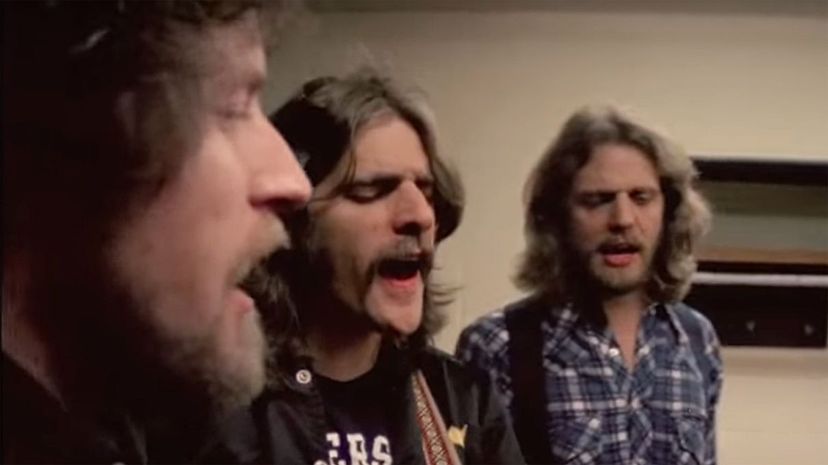
The Eagles' founding members Glenn Frey and Don Henley met as members of Linda Ronstadt's backing band. Adding Randy Meisner of the Stone Canyon Band and, with Ronstadt's help, Bernie Leadon formerly of The Flying Burrito Brothers, the Eagles classic lineup recorded their first album 1972.
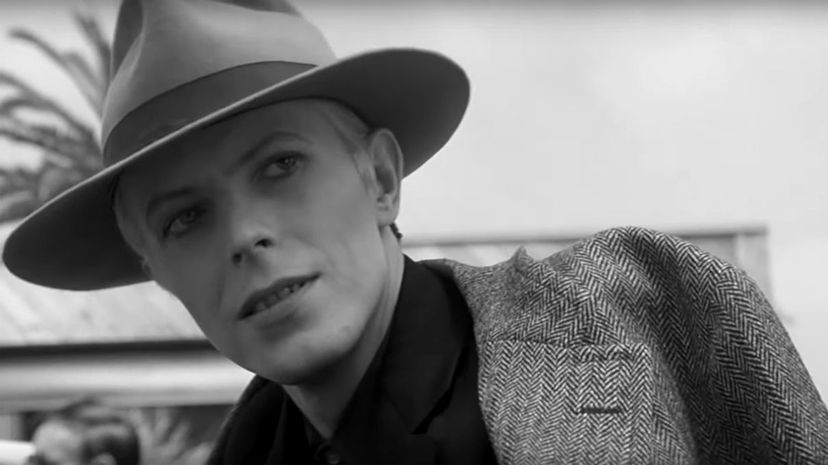
A consummate artist, David Bowie donned the guise of the Thin White Duke with his 1976 album "Station to Station." Abandoning the glam influence of his previous stage personas like Ziggy Stardust, the Thin White Duke was more conventional in appearance but more controversial in demeanor.
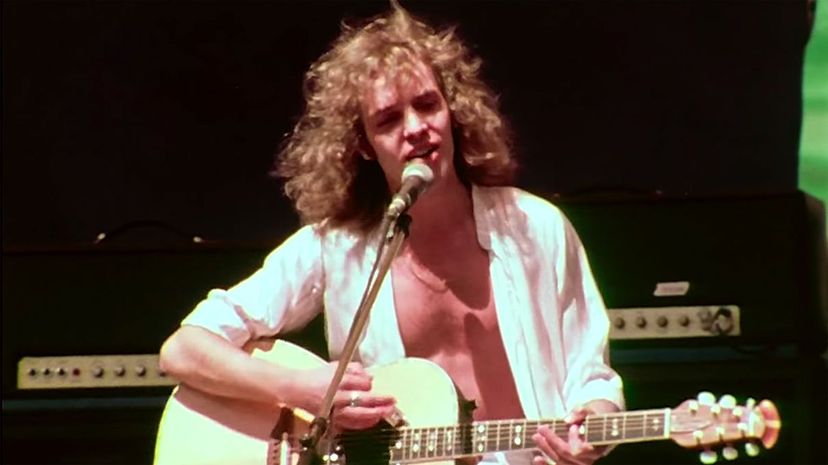
Peter Frampton's 1976 double live album "Frampton Comes Alive" produced the rock radio staples "Baby, I Love Your Way," "Do You Feel Like We Do?" and "Show Me the Way." In "Wayne's World," Mike Myers quips, "If you lived in the suburbs you were issued it. It came in the mail with samples of Tide."
Advertisement
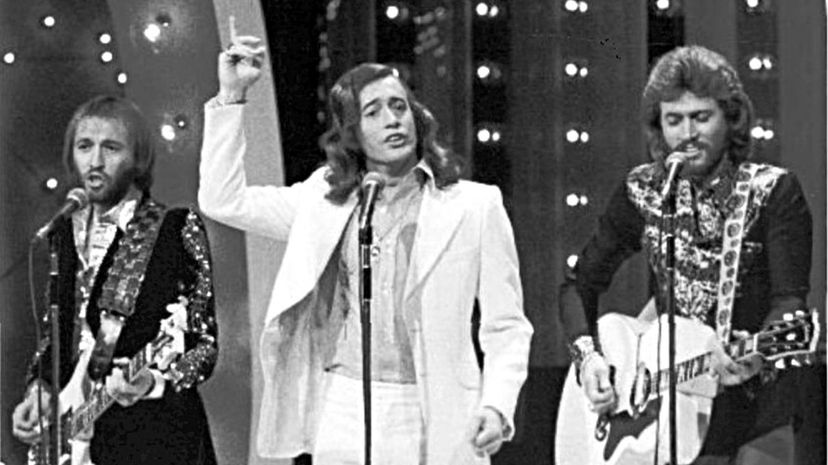
The Bee Gees were one of the few groups in history to change their sound and gain popularity. Rising to fame in the late 1960s, they built their success on ballads like 1968's "Words." In 1975, they successfully transitioned to disco with their first dance hit "Jive Talkin'."
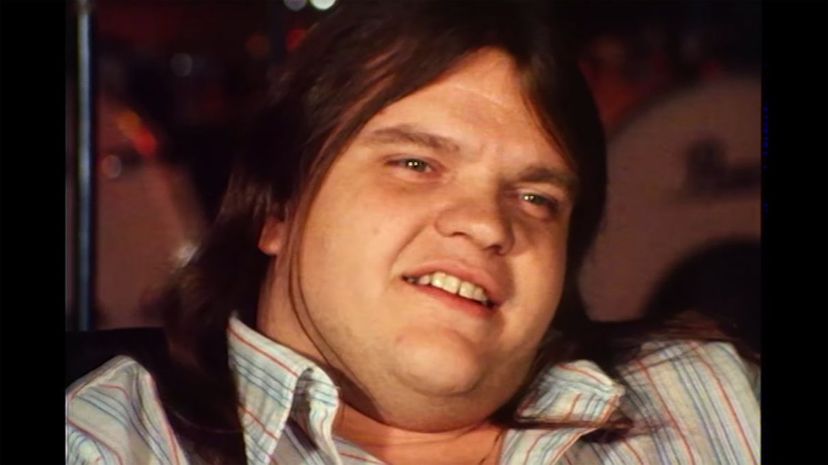
Marvin Lee Aday was given the nickname Meat Loaf by his high school football coach. Meat Loaf's 1977 release "Bat Out of Hell" written by his frequent creative partner Jim Steinman, is one of the best-selling albums of all time charting for an incredible nine years.
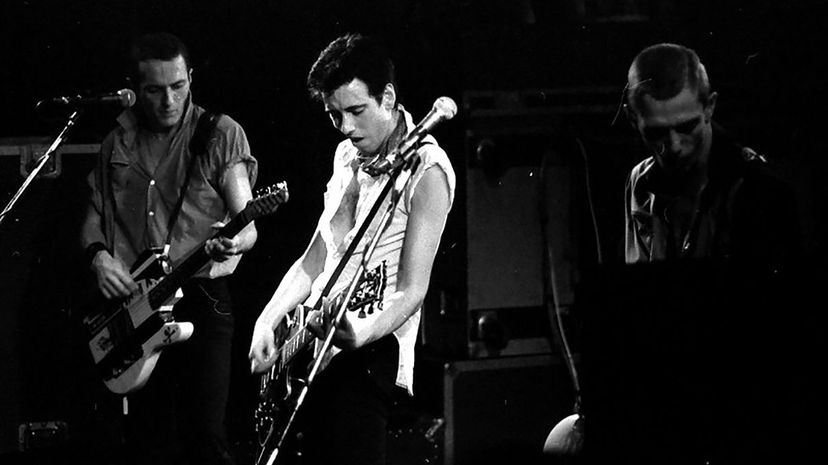
Ignoring all trends and expectations, The Clash were known for their anti-authoritarian lyrics and musical experimentation, which included the melding of reggae with their all-out punk assault. Ironically, the famous tagline "the only band that matters" was created by their label, CBS Records.
Advertisement
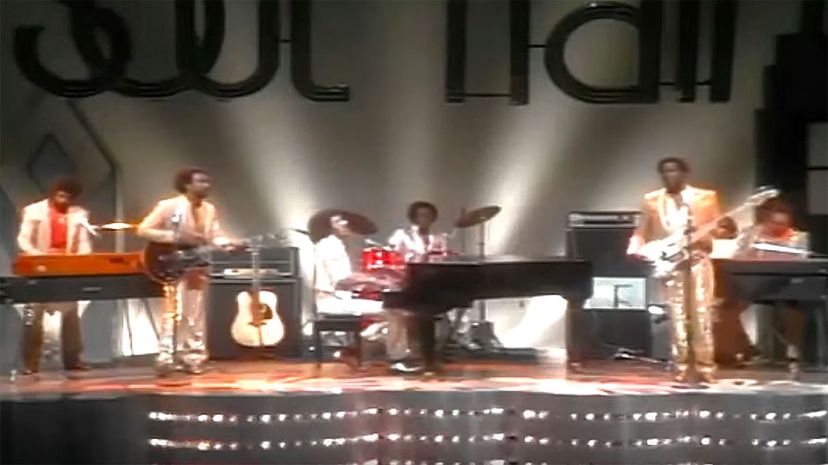
Singer-songwriter Lionel Richie was a member of The Commodores from their inception in 1968 until he went solo in 1982. Richie was a co-lead singer and also filled in on keyboards and saxophone. He's responsible for the band's softer side writing such hits as "Easy" and "Three Times a Lady."
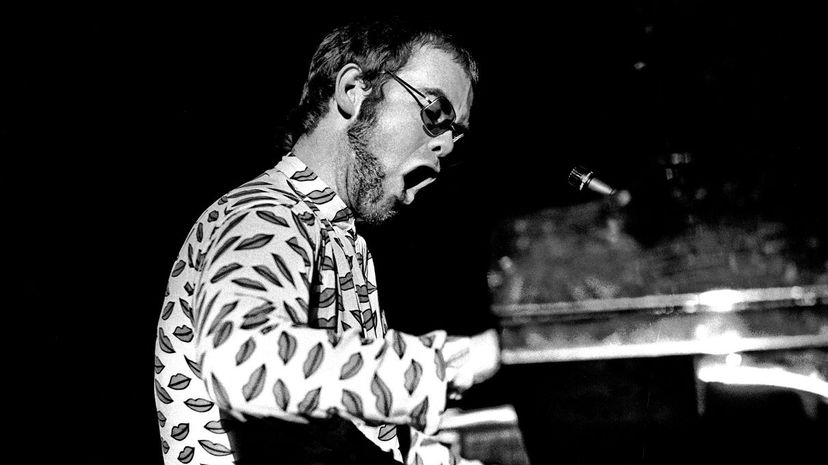
One of the best-selling artists of all time, Elton John, knighted by Queen Elizabeth in 1998 for his music and philanthropy, was at a creative peak in the mid-'70s. With his outrageous costumes, raucous live performances and solid songwriting, Elton John remains a favorite of both critics and fans.
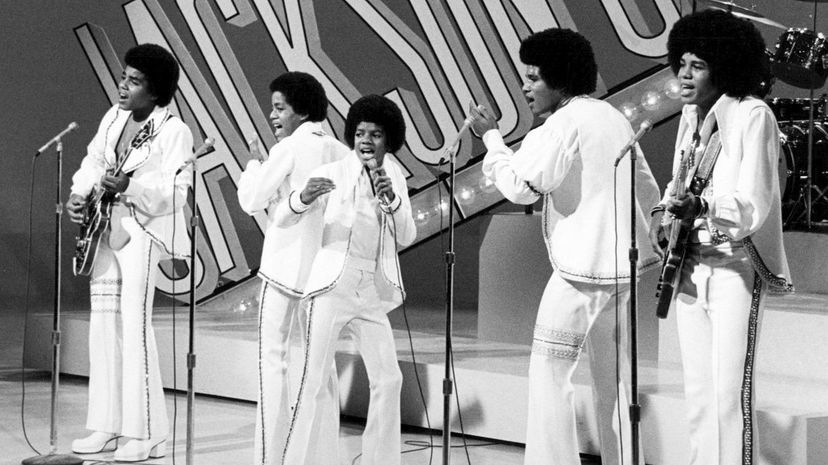
With four back-to-back number one singles from their first album, The Jackson 5 were Motown's teen sensations. Exploiting the group's youth appeal, Motown's marketing machine went into high gear producing everything from J5 coloring books to a Saturday Morning cartoon that aired from 1971 to 1972.
Advertisement

By 1978, Cheap Trick had released three albums that failed to crack the U.S. Top 40. Largely ignored in their homeland, fans in Japan declared them the second coming of the Beatles. International demand for their Japan-only live album "Cheap Trick at Budokan" catapulted the band into superstardom.
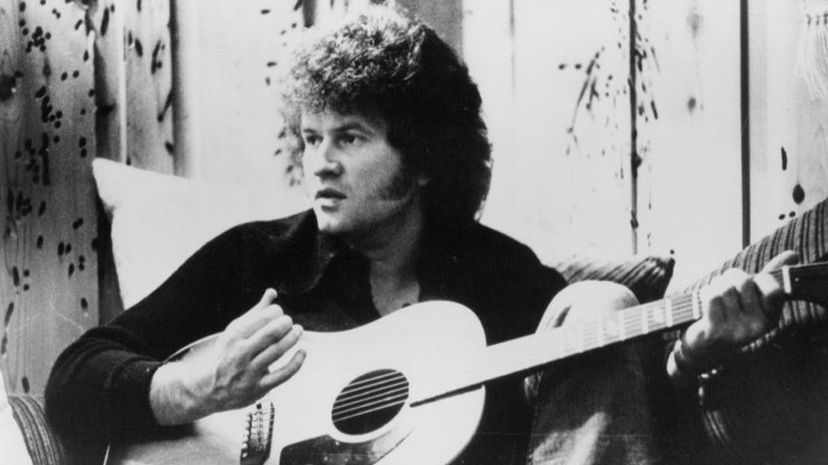
In 1974, singer-songwriter Terry Jacks went to number one for three weeks with his version of "Seasons in the Sun," an English adaptation of Jacques Brel's "Le Moribond" rewritten by Rod McKuen. In spite of its popularity in the '70s, many critics consider it one of the worst pop songs of all time.
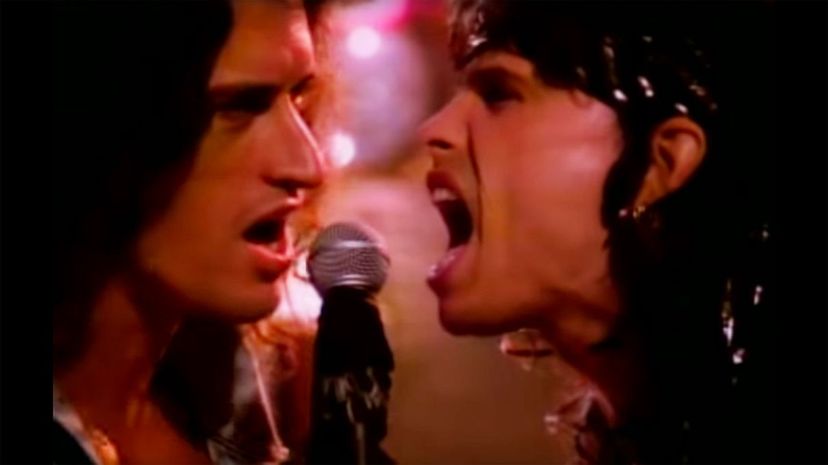
Aerosmith's 1977 album "Draw the Line" featured a cover consisting of caricatures of the band by Al Hirschfeld. Best known for his drawings of Broadway stars and covers for "TV Guide," Hirschfeld drew Aerosmith in his instantly recognizable style. Sadly, the album marked a downturn for the band.
Advertisement
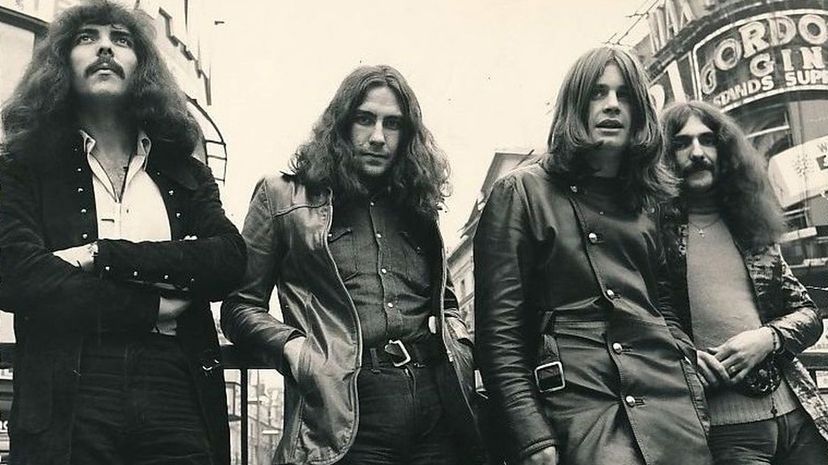
With their occult imagery and sludgy, overdriven wall of sound, Black Sabbath may not have invented the genre of heavy metal, but they definitely codified its essential elements. An influence on nearly every heavy metal act after them, Black Sabbath were hated by critics but adored by fans.
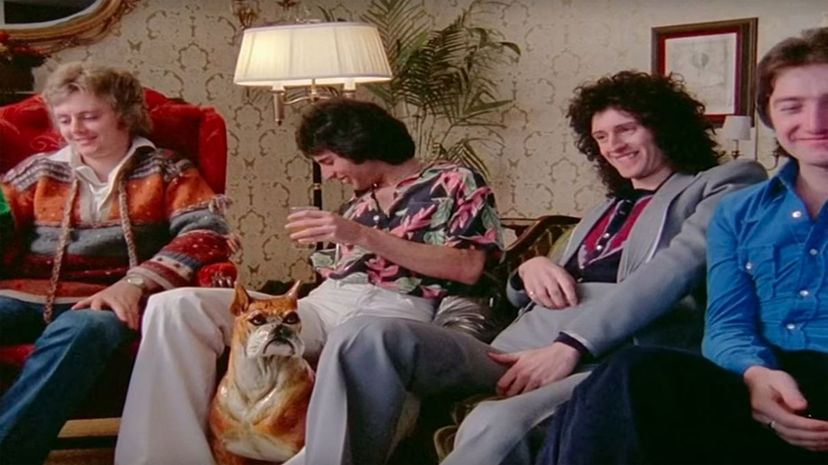
Featuring the rock anthems "We Will Rock You" and "We Are the Champions," Queen's 1977 "News of the World" has one of the most terrifying album covers in music history. The painting, featuring the band crushed in the grip of a robot, is a reworking of a 1953 cover of "Astounding Science Fiction."
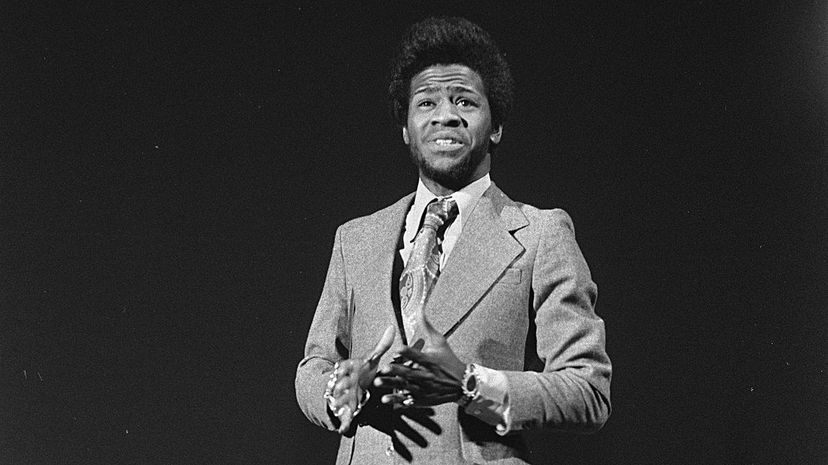
Al Green established himself as an R&B force with two back-to-back hit albums in the early '70s featuring indelible soul hits like "Tired of Being Alone" and "Let's Stay Together." Nevertheless, by the decade's close, personal issues and a calling to the ministry would lead him to leave popular music.
Advertisement
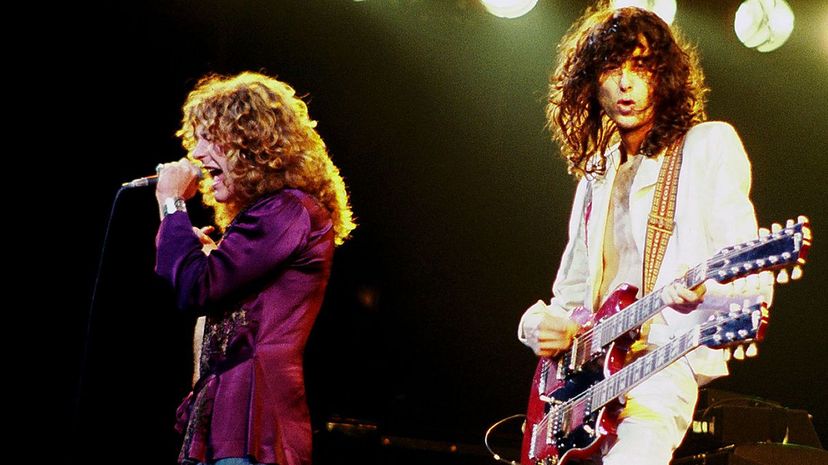
Led Zeppelin's fourth studio album contains no printing on its outer cover or inner gatefold. Instead of a title, the album features four runes representing each member of the band printed on the inner sleeve on the record's center label.
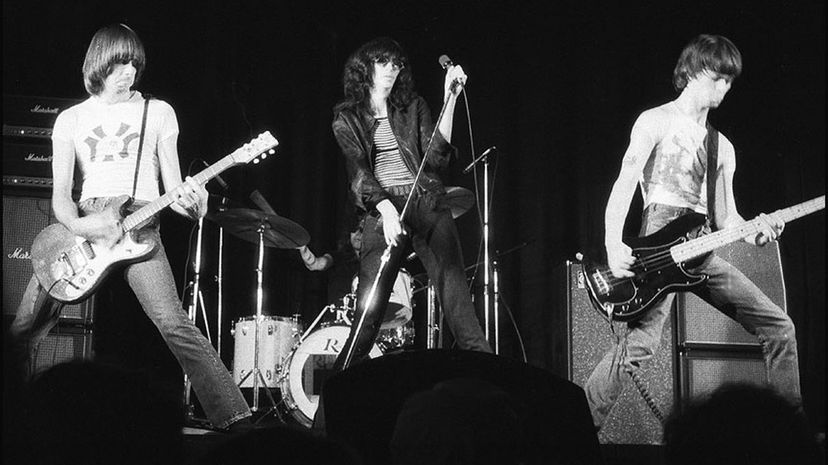
Founded in 1974 by original members Johnny, Dee Dee, Joey and Tommy, The Ramones were at the epicenter of the art and music movement that would be known as punk. With short, hooky songs played at break-neck speed, The Ramones were a much-needed kick in the pants to stale arena rock.
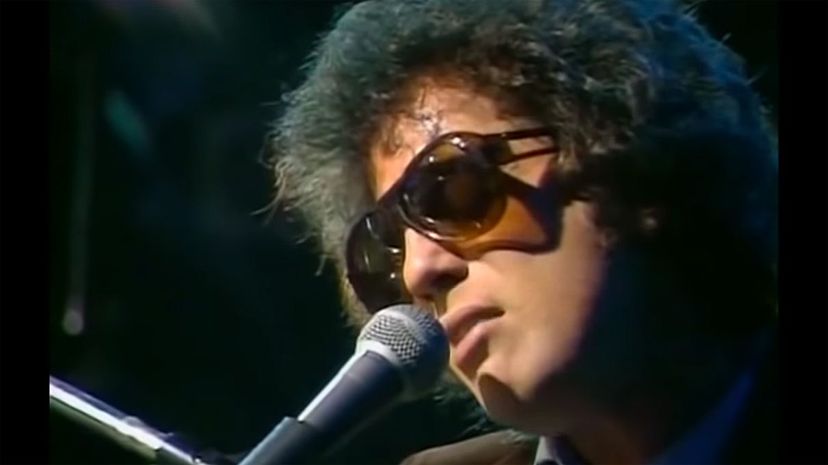
Before he was the "Piano Man," Billy Joel donned Viking furs and pounded the keys for Atilla, a hard rock band steeped in psychedelia and high volume. Atilla released a self-titled album to little fanfare in 1970. In 1971, Joel reinvented himself with his first album "Cold Spring Harbor."
Advertisement
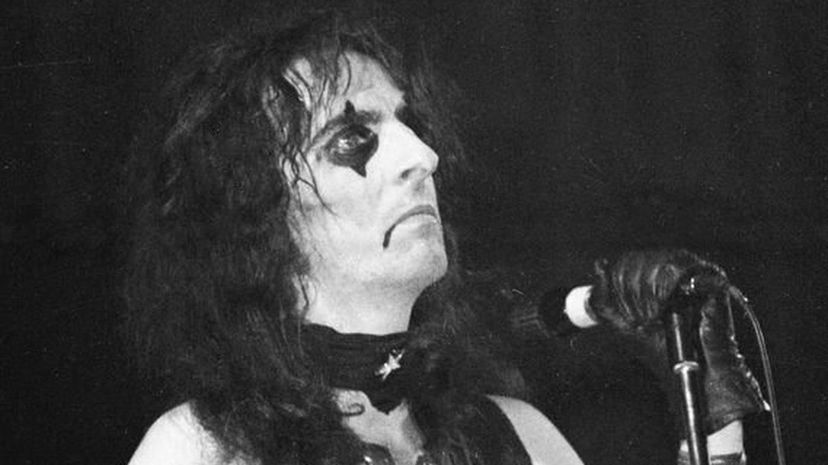
Formed in 1964 by Vincent Furnier, Glen Buxton, Dennis Dunaway, Michael Bruce and Neal Smith, Alice Cooper went through many name changes before settling on their infamous moniker. In 1975, the band, known for their shocking theatrics, dissolved and Furnier assumed the name as his own.
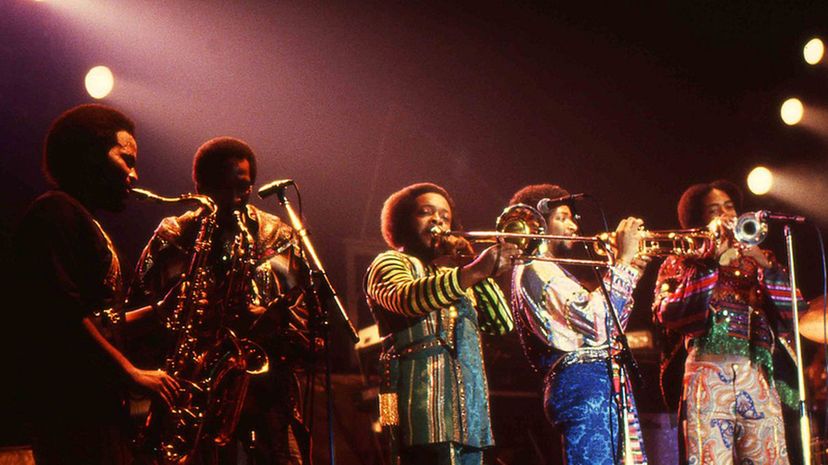
With their diverse style spanning the genres of R&B and funk to rock and jazz, Earth, Wind & Fire is one of the most successful and influential bands of the 1970s. The group derives its name from the zodiac sign Sagittarius, a fire sign which incorporates characteristics of earth and air.
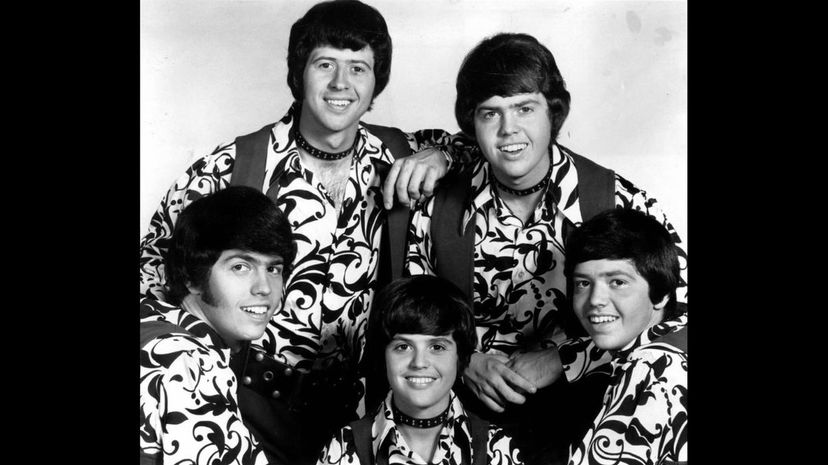
By 1972, teen pop sensations The Osmonds had 10 albums under their belts and the clout to begin writing their own songs. The result was the surprisingly heavy metal "Crazy Horses," an anti-air pollution hit that went to number 14 on the U.S. "Billboard" Hot 100.
Advertisement
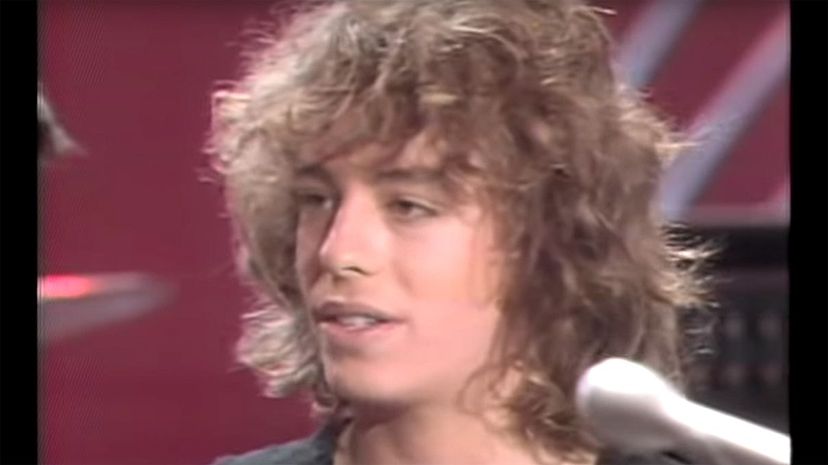
After a successful acting career that included roles in 1969's "Bob & Carol & Ted & Alice" and the horror film "Devil Times Five," Leif Garrett was marketed as a teen music idol to great success. His eponymous debut album was comprised mostly of '50s and '60s hits like Dion's "The Wanderer."
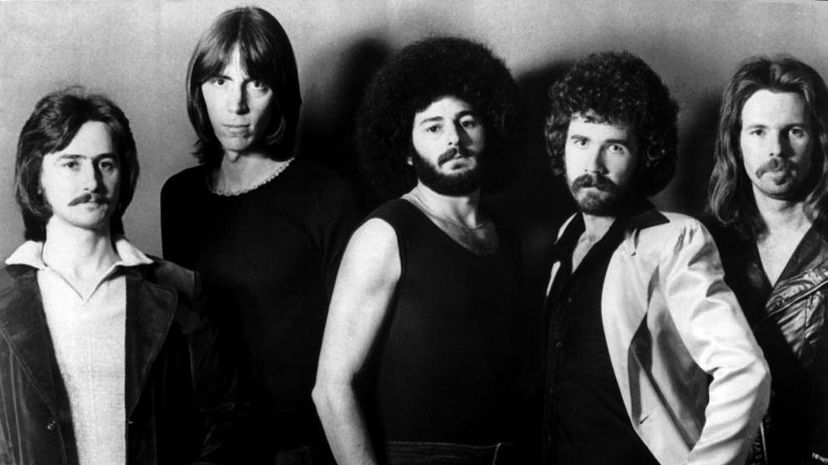
Boston was formed in 1976 by Tom Scholz, an MIT-trained engineer and inventor. Scholz played nearly all of the instruments on the band's debut with singer Brad Delp on vocals. Despite Boston's success as one of the best selling bands of the '70s, they only released two albums during the decade.
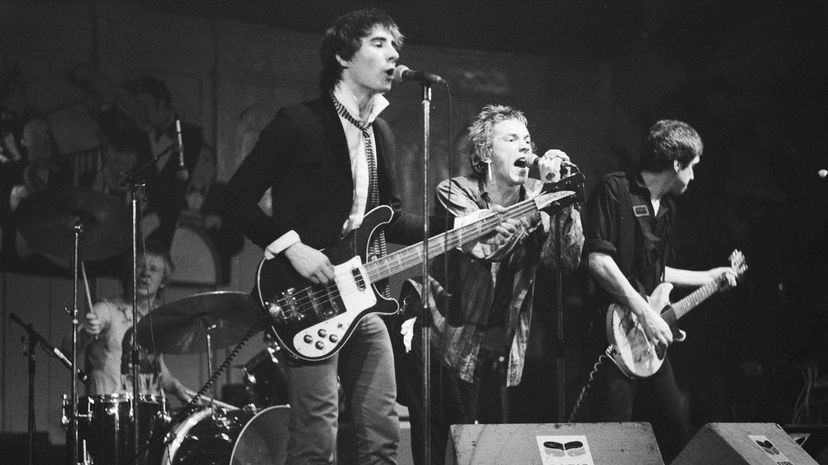
During the year-long celebration of Queen Elizabeth's Silver Jubilee, The Sex Pistols took to the Thames in a riverboat to mark their single "God Save the Queen." Ripping into a blistering rendition of "Anarchy in the UK" as they neared Parliament, they were surrounded by police and forced ashore.
Advertisement
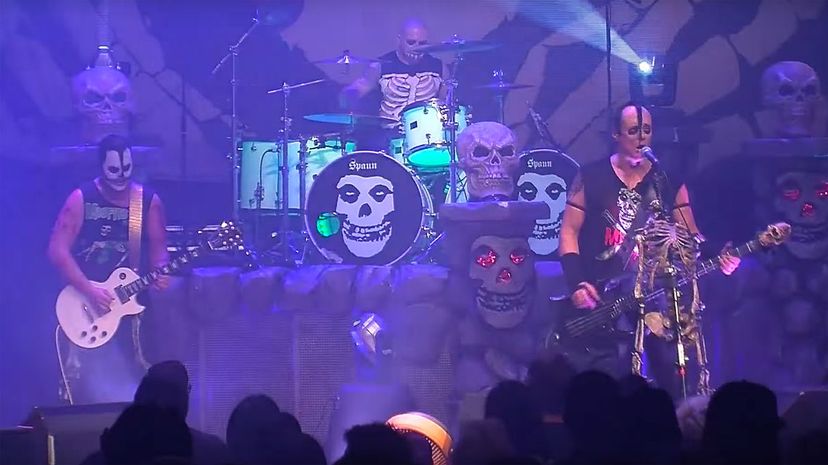
Founded in 1976 by vocalist Glenn Danzig, The Misfits took their name from Marilyn Monroe's last film. By 1978, the band's image had become increasingly influenced by horror and science fiction. In 1979, Danzig adopted the Crimson Ghost from the 1946 movie serial as the band's iconic mascot.
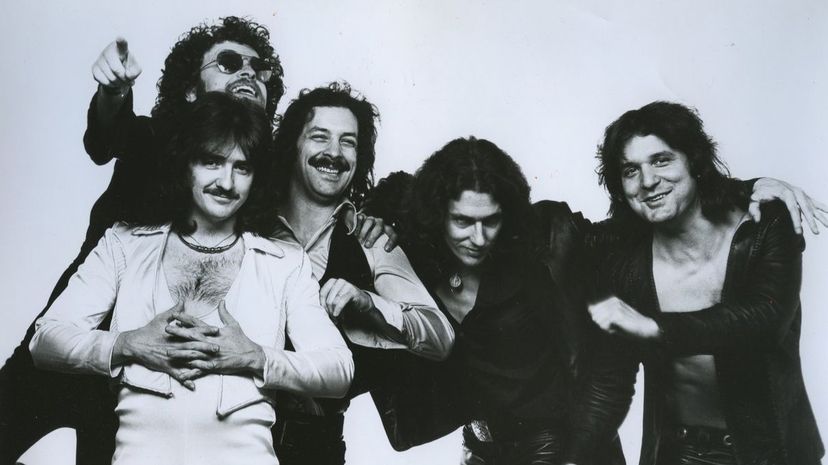
Best known for their 1976 hit "(Don't Fear) The Reaper," Blue Öyster Cult was initially conceived of as America's answer to Black Sabbath. From their inception as Soft White Underbelly in the late 1960s, the band underwent several name changes before settling on their famous umlauted moniker.
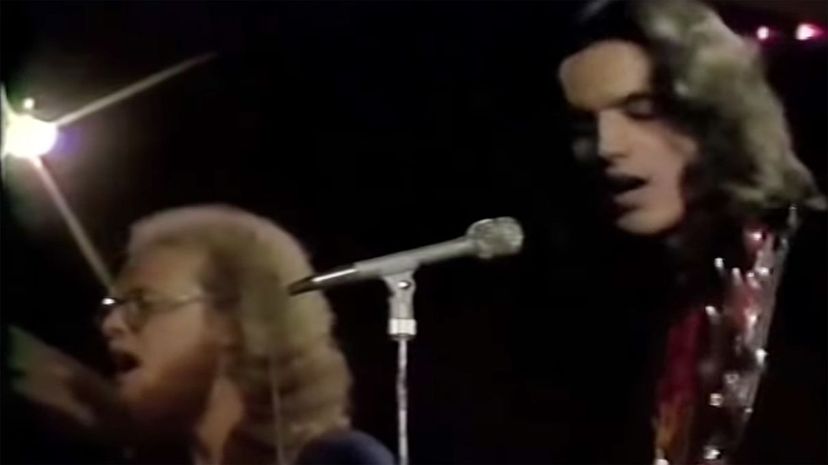
Klaatu's mysterious, self-titled debut album, released with no information other than the band's name caused a minor sensation among Beatles fans in 1977. Noting striking similarities between Klaatu and "the Fab Four," some in the music press stoked the rumor that the Canadian trio was the Beatles.
Advertisement
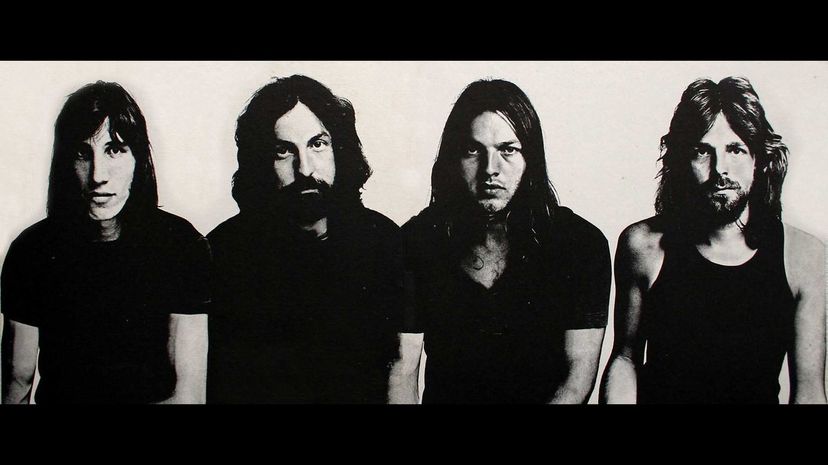
The 1977 release of Pink Floyd's "Animals" album and its subsequent tour saw imagery from the record, based loosely on George Orwell's "Animal Farm," become a driving force in their elaborate stage show. The iconic flying pig featured on the album's cover became a staple of Floyd performances.
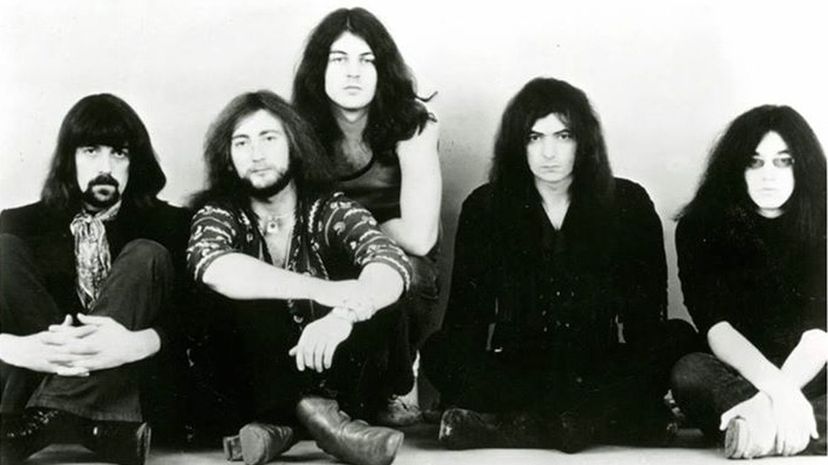
"Smoke on the Water" from Deep Purple's 1972 album "Machine Head," tells the story of the fire that gutted the Montreux Casino during a Frank Zappa show. The song's subject matter, however, has become secondary to its famed four-note riff, which has become essential for budding hard rock guitarists.
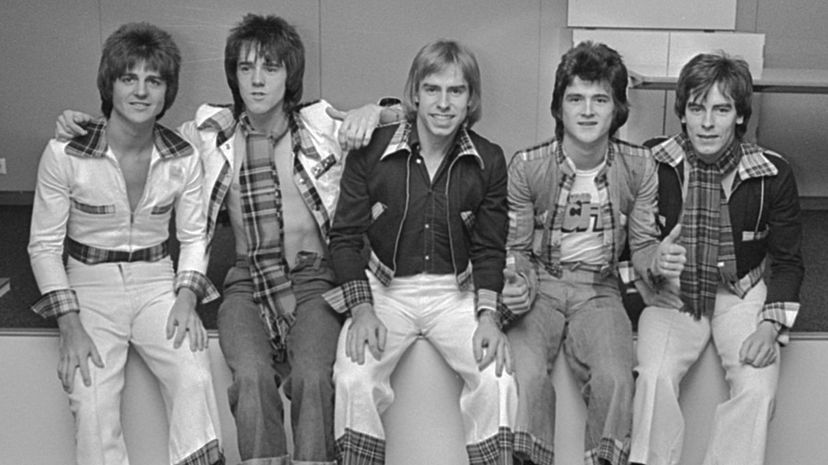
The Bay City Rollers were a pop-rock phenomenon from Edinburgh, Scotland, who hit No. 1 on the U.S. Billboard Hot 100 with their party anthem, "Saturday Night." The band's distinctive style consisting of short plaid trousers and scarves was copied by their fans who were dubbed the Tartan Horde.
Advertisement
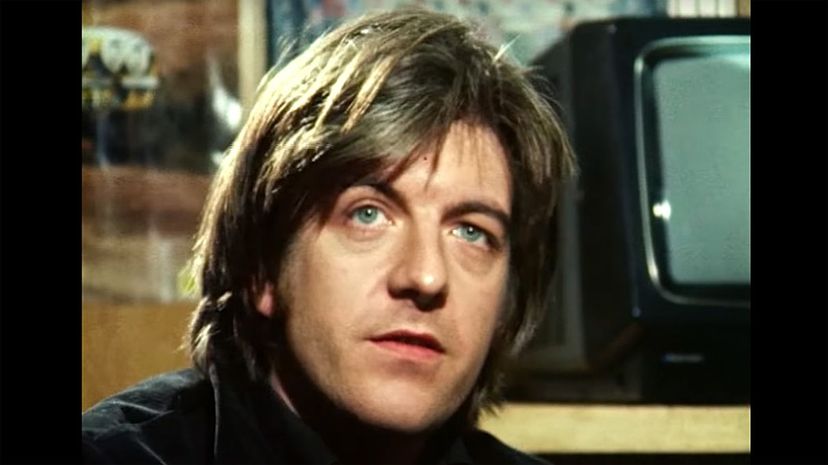
Actual film footage of Nick Lowe's wedding to country singer Carlene Carter is incorporated into the video for 1979's "Cruel to Be Kind." The clip was shot on the actual day of Lowe's nuptials making him late for his own vows.
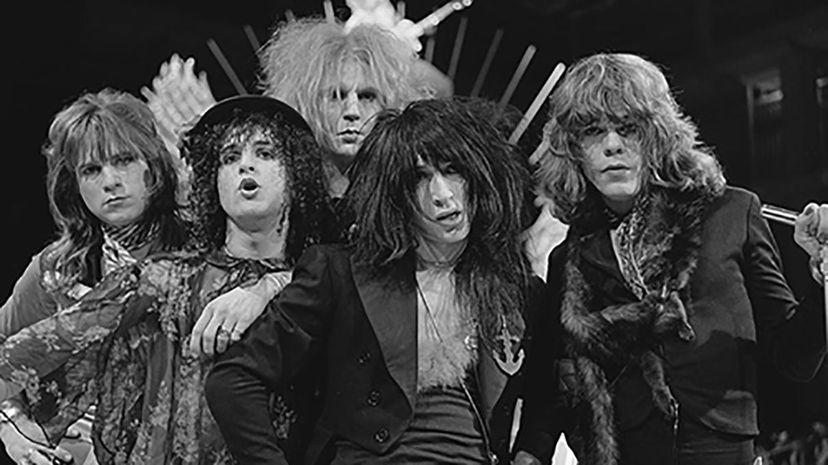
Pioneers of both glam and punk, The New York Dolls' influence can be felt in music ranging from the pure punk rock of The Ramones to the decadent hair metal of Poison. With their androgynous looks, sneering vocals and thunderous guitars, the Dolls set the stage for a new generation of rockers.
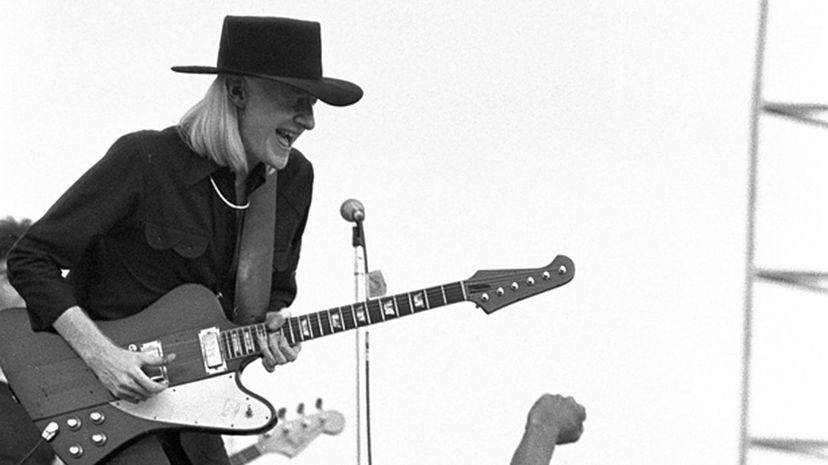
Texas-born albino musician Johnny Winter, best known for his bluesy slide guitar riffs and unique appearance was a blues purist who dreamed of working with the legendary Muddy Waters. In 1976, Winter got his chance when he recorded and produced the blues icon's Grammy-winning album "Hard Again."
Advertisement
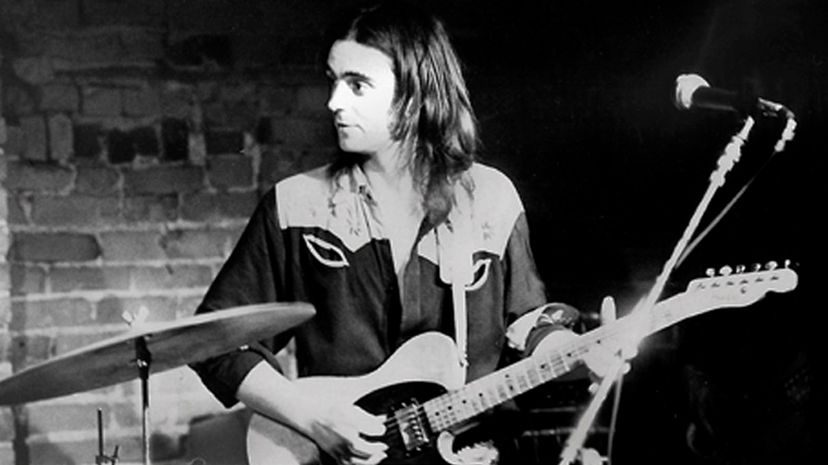
Singer Terry Reid was guitarist Jimmy Page's first choice to take on vocal duties for the New Yardbirds which would become Led Zeppelin. When Reid was unavailable due to scheduling, he suggested that Page should get in touch with Robert Plant. The rest is history.
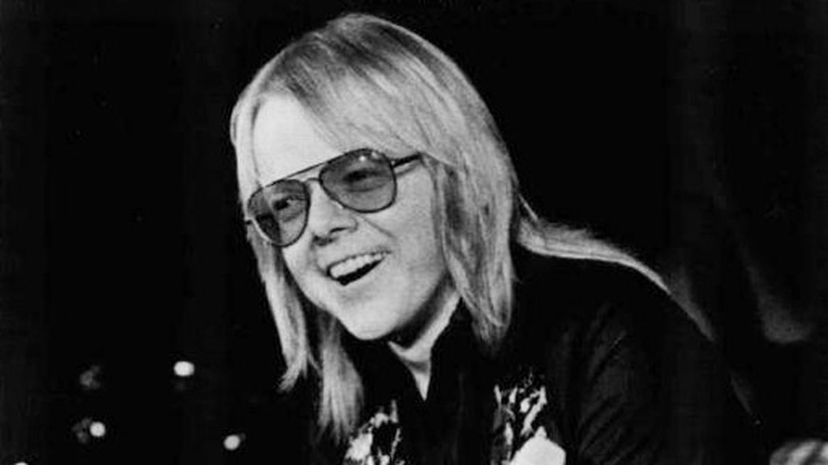
At 5'2," Paul Williams is a giant of a songwriter. Having composed "We've Only Just Begun" for The Carpenters and Three Dog Night's "An Old Fashioned Love Song," he also had a prolific acting career co-starring in the cult favorite "Phantom of the Paradise" and "Smokey and the Bandit."
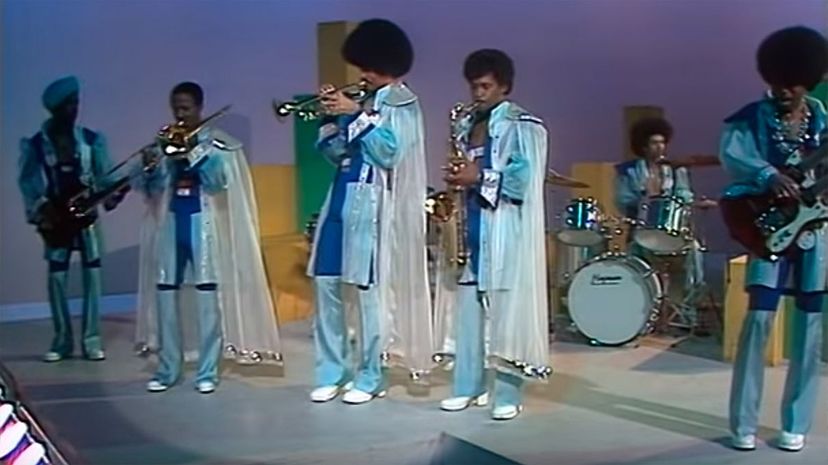
An oft-repeated urban legend contends that The Ohio Players' 1976 hit "Love Rollercoaster" contains the scream of a woman being murdered. In fact, the high pitched squeal in question, occurring at around a minute and 20 seconds into the song is from singer and keyboardist Billy Beck.
Advertisement
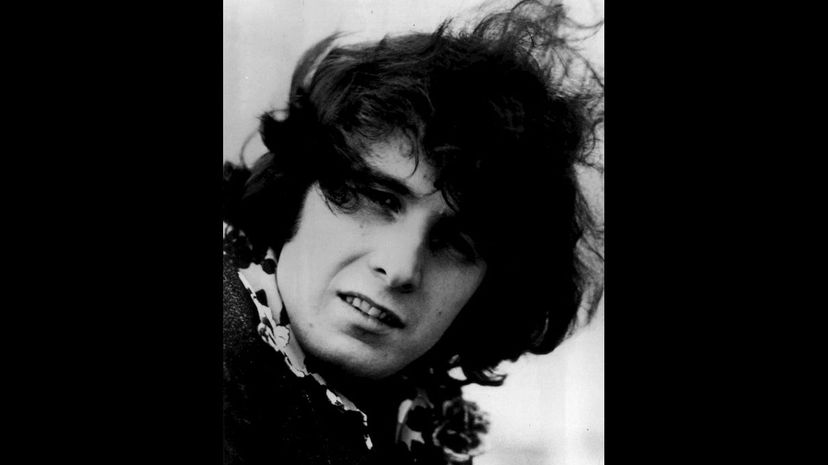
"Vincent" was a hit single from folkie Don McLean's critically-acclaimed 1971 album, "American Pie." The song is a melancholy tribute to artist Vincent van Gogh, and McLean wrote it on a paper bag after reading a biography of the troubled artist.